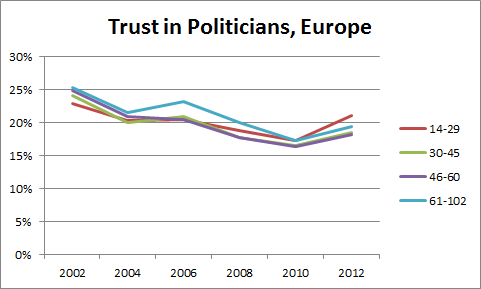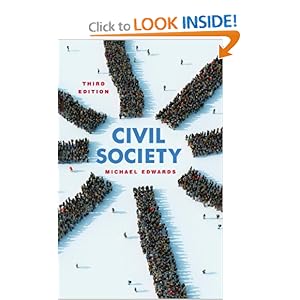Two recent articles by Pankaj Mishra put very different valences on the same fundamental story.
In “Modi’s Idea of India” (The New York Times, Oct 24), Mishra decries the “intellectual insecurity, confusion and aggressiveness” of Hindu nationalists and links it to the “grandiose intellectual conceits” of Russian nationalism (resurgent under Putin) and “Japan’s descent into unhinged anti-Western imperialism in the early 20th century.” All are reactions to the perceived humiliations of European and North American colonialism that spawn ressentiment and “fantasies of racial-religious revenge and redemption.”
In “The Western Model is Broken” (The Guardian, Oct 14), Mishra decries the “brutality” that underpinned European industrialization and nation-building in the 19th century, which “turned out, in the next century, to be a mere prelude to the biggest bloodbath in history: two world wars, and ferocious ethnic cleansing that claimed tens of millions of victims.” The West’s “liberal democracies,” he argues, have been “experienced as ruthlessly imperialist by their colonial subjects.” Efforts to turn formerly imperialized nations into copies of the West have been cruel, arrogant, and foolish and have bred inevitable resentment and reaction.
It is interesting that Mishra chooses to denounce Modi, Putin, et al. in the American establishment newspaper, while he attacks “Davos Man,” Francis Fukuyama, and The Economist in the more leftish Guardian. But the overall story is consistent. The main dynamic of our age is not a struggle “between liberal democracy and totalitarian ideologies, such as fascism and communism.” That was “a largely intra-western dispute.” The “most significant event of the 20th century was decolonisation, and the emergence of new nation-states across Asia and Africa.” It is in that context that we must understand regimes as varied as Russia, China, Iran, and Turkey.
I would add that post-colonialism and anti-imperialism generally took the form of anti-capitalist, egalitarian, and statist movements from 1900-1980, but today’s critics of Western hegemony in countries like China, India, Russia, and Turkey are friendly to their own billionaires and business enterprises, tolerant of inequality, enthusiastic about consumer technology, and generally favorable to foreign direct investment. (See, e.g., “the Communist Party battles against equality“). They also defend traditional sexual mores against Western decadence. Perhaps, as Mishra says, the struggles between liberalism and authoritarianism were intramural Western affairs, yet it matters that the most powerful post-colonial societies now have conservative rather than socialist leaders–albeit with some variation.
One legacy of colonialism is that certain Good Ideas–e.g., accountability of governments to their people, individual rights, and cosmopolitanism–are now coded as “Western,” even though the main actual impact of the Western nations was depredation and humiliation. Under those circumstances, leaders who wish to ignore accountability, restrict personal rights, and close their countries to the world can present themselves as bulwarks against imperialism. But that is bad for their own people.
The Good Ideas always had precarious and limited followings in the countries that we call Western, which ought to be equally well known for trans-Atlantic slavery, fascism, and Stalinism. And the Good Ideas also have roots in other civilizations. It appears that modernity (marked by phenomena like individualism and deep social critique) was not invented for the first time in Europe ca. 1800 but has sprung up several times, e.g., in South India in the 15th century. That does not mean that every culture has been equally modernist at every point (far from it), but we should drop a simplistic equation of modernity with the West. This is hard to do, since modernity came with gunboats and Gatling guns to many parts of the world. Modernity is a mix of good and bad. Yet such institutional forms as competitive elections and freedom of speech are as much the birthright of Asians and Africans as of Europeans; and it would be the ultimate tragedy if they lost those rights in the name of anti-imperialism.
See also: “on modernity and the distinction between East and West“; “avoiding the labels of East and West” “on modernity and the distinction between East and West” and “the West and the rest.”
The post postcolonial reaction appeared first on Peter Levine.



